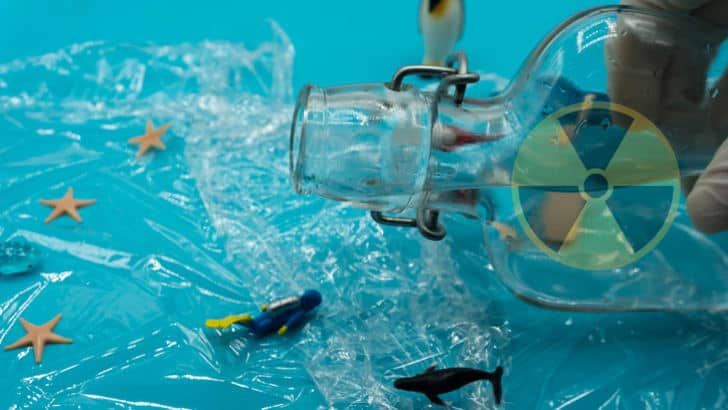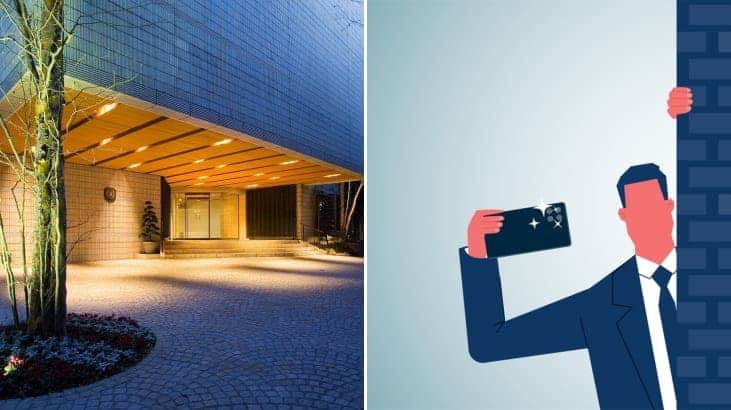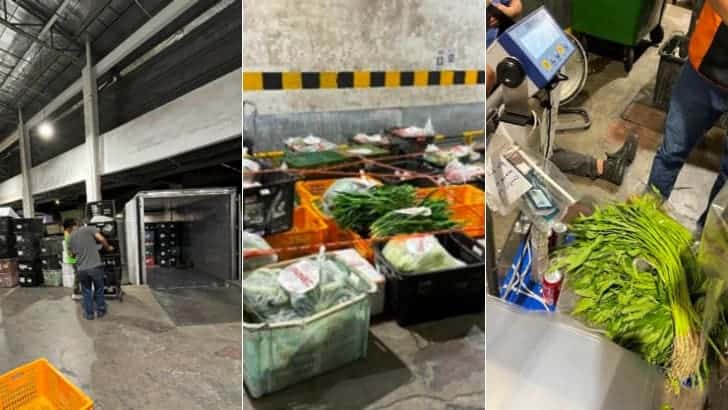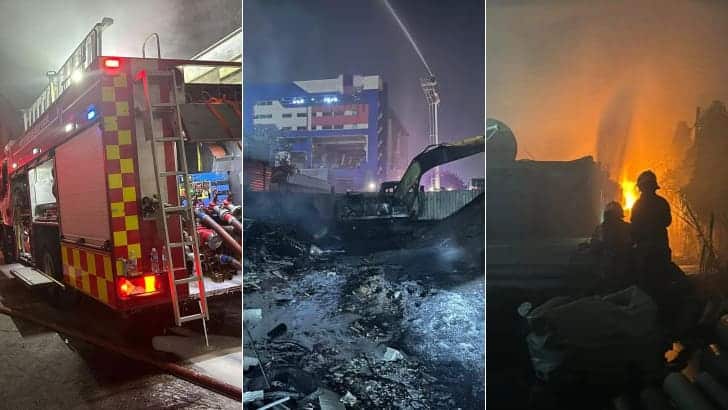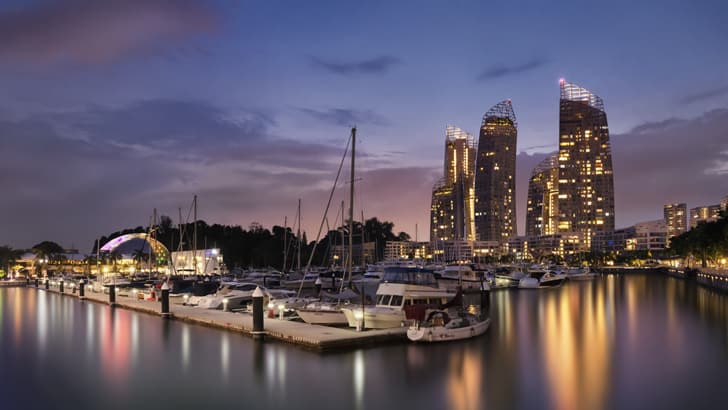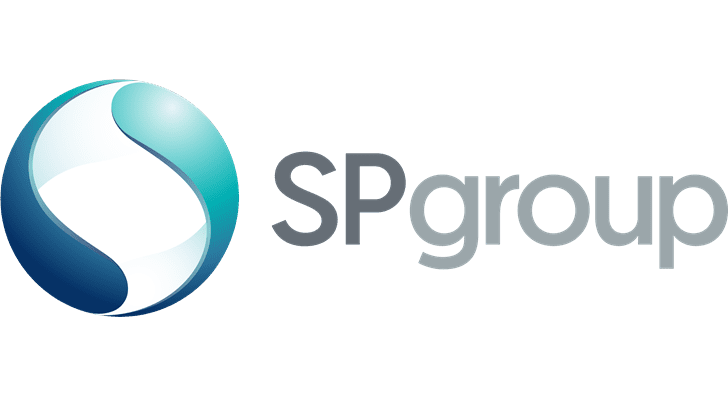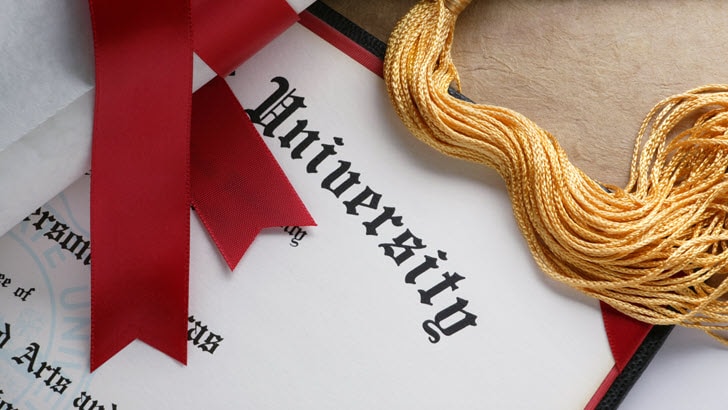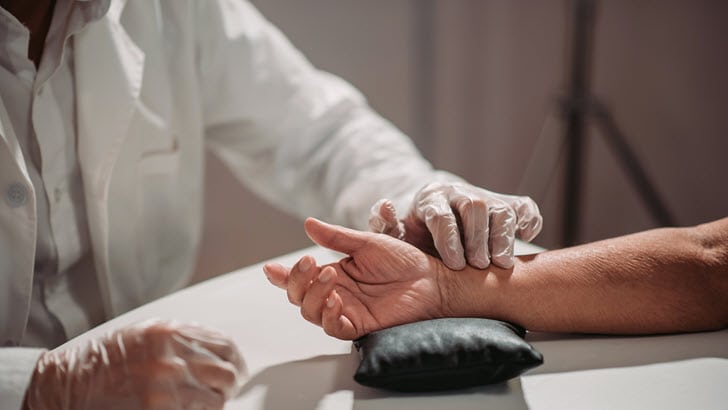Fukushima and Your Dinner: Here’s What You Need to Know?
- Singapore’s Food Agency clarifies there are no recent findings of contaminated food products imported from Japan.
- Outdated information from 2011 circulates in a Wall Street Journal podcast causing unnecessary panic.
- Singapore’s Food Agency adopts a science-based approach in assessing food safety risks and has ‘routine surveillance’ in place for imported food products to maintain safety standards.
Hands up if you’ve had an earful of worries over the recent “Fukushima Food Safety concerns due to nuclear wastewaster release to ocean.”
Now, set down your hands and set aside that worry.
The questions to ask instead are: Should we be worried? What’s the reality?
Facts Over Fear: Singapore, Japan and Food Safety
SFA released a statement clarifying that there’s no truth to recent claims of contaminated vegetables from Japan or banned food products from Japanese prefectures.
This was in response to a Wall Street Journal podcast perpetuating outdated information.
Contrary to the podcast information, the SFA doesn’t just pull out a ‘ban’ card.
It follows a strict and meticulous science-based approach when assessing food safety risks.
You can imagine the SFA as a vigilant guardian examining each imported food for potential threats, including radiation.
SFA adopts a science-based approach towards assessing food safety risks…should any food imports be found to be unsafe or unsuitable for consumption, reiterates the SFA.
It’s like having a sturdy ship facing waves of misinformation and confirming “we got this.”
Wariness Over Waters: Examining concerns over treated Fukushima wastewater
Did you know the National Environment Agency (NEA) has been monitoring Singapore waters since 2019 and found that the radiation level remains within the natural background levels?
Minister for Sustainability and the Environment Grace Fu has struck a note of assurance about Singapore’s response to the release of treated nuclear wastewater into the ocean by Fukushima.
NEA assesses that Japan’s planned discharge of treated radioactive water from the Fukushima nuclear plant into the sea is unlikely to impact the seawater quality in or around Singapore waters, she states.
It’s not like Singapore and Japan have moved their land masses closer overnight.
The distance between our Little Red Dot and the Land of the Rising Sun remains the same, and this geographical fact contributes to our safety.
Considering that the treated wastewater discharge is far off in the horizon, should we then allow a distant event to cloud our judgement and deprive us of life’s simple pleasures, like enjoying sushi at our favourite restaurant?
Beyond Borders: The Global Response
Widespread concerns over these events have not been isolated to Singapore.
Neighbours like South Korea and China have responded with restrictive measures on Japanese imports, while others like New Zealand, Australia, and the United States have applied certain limitations.
But are we acting out of unfounded fear?
Amidst the diplomatic ping-pong, let’s hark back to our trusted scientific approach.
Gravity keeps us grounded and facts should keep our reactions grounded too.
‘Science’ isn’t just a buzzword thrown for applause in a speech.
It’s a reliable navigation tool that guides us accurately, amidst murky misinformation.
The rigorous measures by SFA and NEA, dealing specifically with food and environmental safety, are akin to having a heavyweight tag-team to ensure our food is not only delicious, but safe too.
As the saying goes, “In God we trust, but all others must bring data.”
Assured Appetites: Food Safety in Singapore
Come to think of it, have any of us consulted research journals before biting into a sushi roll? Unlikely.
Our trust relies heavily on the effective checks and balances that Singapore’s agencies have in place.
Singapore’s food story is built on trust, strict regulations and routine vigilance.
You’re probably more likely to find a crocodile in your HDB park than radioactive contamination in your sushi roll.
So next time when the news about Fukushima nuclear wasterwater or any other food safety concerns give you pause, remember the robust safety net we have.
Isn’t it comforting to know that our safety is in the hands of people who don’t merely hunch over hearsay, but dedicatedly dig into data?
Conclusion: A Healthy Approach to Food Safety Concerns
At the end of the day, the safety of our plates is paramount.
And in this case, beyond the waving seaweed rolls, and the sizzling yakitoris, lies the confidence in a system that doesn’t compromise on safety.
So, whether it’s slurping on ramen, savouring sashimi or relishing a tempura, let your next Japanese meal be a celebration of not just good food, but also the tireless efforts that ensure we enjoy our ebi fry without a side of worry.
After all, isn’t that the best showing of the Singapore spirit?
What about you?
Will you continue to enjoy your sushi based on the robust science-based approach we have in place?
Let us know your thoughts below.
Frequently Asked Questions
Are there recent findings of contaminated food products imported from Japan?
No, Singapore’s Food Agency confirmed that there are no recent findings of contaminated food products imported from Japan.
Does Singapore’s Food Agency monitor the safety of imported food products?
Yes, the Food Agency adopts a science-based approach in assessing food safety risks and conducts routine surveillance on all imported food products to maintain safety standards.
Are the vegetables from Japan contaminated?
No, SFA has clarified that there’s no truth to the recent claims of contaminated vegetables from Japan.
Does the release of treated nuclear wastewater from Fukushima affect the radiation level in Singapore waters?
No, according to Minister for Sustainability and Environment Grace Fu, the radiation level in Singapore waters remains within natural background levels and Japan’s discharge of treated radioactive water from the Fukushima nuclear plant is unlikely to impact seawater quality in or around Singapore.
How are other countries responding to the situation?
Countries like South Korea and China have applied restrictive measures on Japanese imports, while others like New Zealand, Australia, and the United States have put certain limitations in place. However, this is not based on founded fear but rather on caution.
Can we trust the food safety standards in Singapore?
Yes, Singapore’s food story is built on trust, strict regulations, and routine vigilance. Rigorous measures by SFA and NEA ensure that the food is not only delicious, but also safe.

